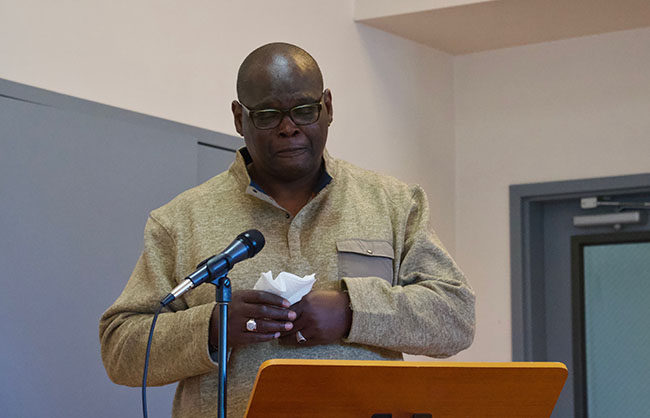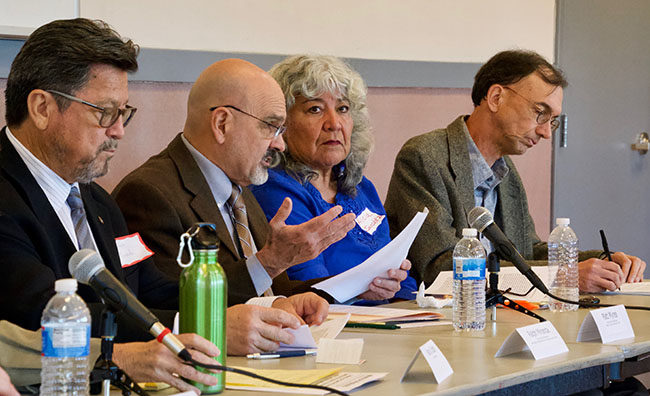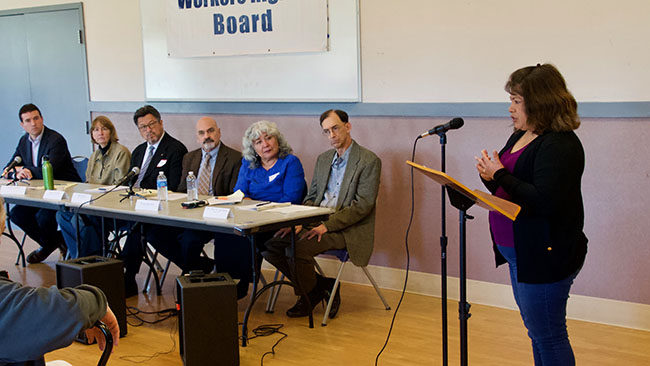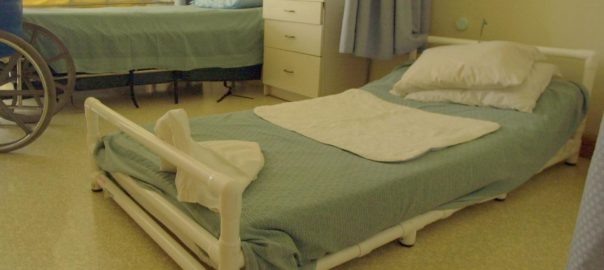Earlier this month, a panel of six community leaders released a 17-page report detailing their investigation into two Brius nursing homes in the San Francisco Bay Area. The panel, convened by the North Bay Jobs with Justice, includes a member of the Novato City Council, an Episcopal pastor, a retired school principal, and the president of a local radio station.
[gview file=”http://www.northbayjobswithjustice.org/NBWRB%20Nursing%20Home%20Report%20_4.pdf” save=”0″]
The report – which includes testimonies from residents, family members, caregivers, a state legislator, and an advocacy organization delivered during a March 4, 2018 public hearing – calls on the State of California “to revoke Brius’ licenses for operating nursing care facilities [in Marin County].” Brius is the largest operator of nursing homes in Marin County, where it runs Novato Healthcare Center and San Rafael Healthcare & Wellness Center.
Additional recommendations from the panel call on the two nursing homes to increase their staffing levels, “provide sufficient resources for staff to meet the needs of each patient,” reduce the use of temporary workers, reduce workforce turnover by improving caregivers’ pay and benefits to “a livable wage,” and “improve the quality and attractiveness of resident meals.”
The report references testimony from nearly a dozen witnesses, including the following:
“The President of the Resident Council at Novato Healthcare Center testified that he had fallen in the shower and could not get back up. He cried out for assistance for an hour but no one was in the vicinity that could hear his shouts for help. Also, a relative of a resident of the Novato home reported that he found his non-ambulatory father nearly falling off the bed with his legs wedged between the bars of the bed for several hours, during which time no one had checked on him. The son testified that he began to ask how often these kinds of incidences occur at the facility. He later learned that the caregiver station near his father’s room is chronically understaffed.”
The report also cites testimony from Tony Chicotel, an attorney at the California Advocates for Nursing Home Reform (CANHR), who noted that “inadequate staffing is the single most important cause of the neglect and suffering that is commonplace in many nursing homes today.”
In a statement to the panel, California State Sen. Mike McGuire described Brius’ track record of resident-care violations, saying:
“Brius uses their patients as pawns, and they put the lives of these people at risk in attempts to receive higher Medi-Cal rates and increase their profits. This has to stop, and I applaud this panel and the sponsors of this event for being so proactive and truly appreciate the efforts here to make sure our friends and family members receive the care that they deserve.”
The panel notes that it invited administrators from the two Brius nursing homes to testify at the hearing and to provide input on recommendations, however the administrators failed to do so. The report notes: “The lack of response by management reinforces the perception by workers and many residents that the two administrators refuse to listen to employee concerns, are unwilling to be transparent with the public, and are unaccountable to their employees and residents.”
During recent months, the California Department of Public Health cited Novato Healthcare Center for multiple violations of state laws, including understaffing the facility with caregivers such that residents were left for hours sitting in their own excrement and also waited as long as a month to receive a shower.











